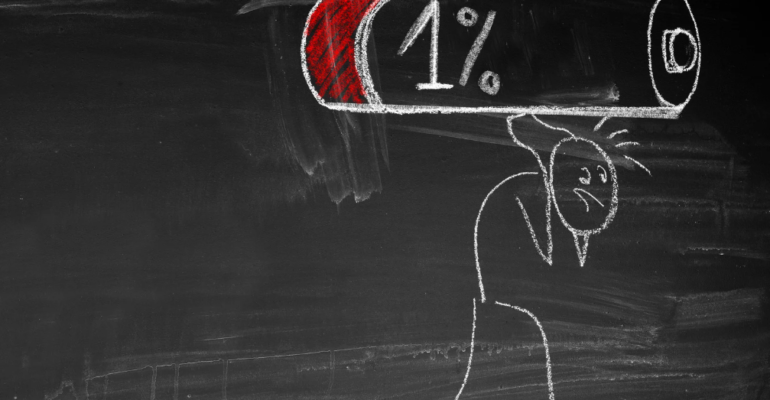How to Deal with a Mental Burnout
How to Deal with a Mental Burnout
Mental burnout affects students and professionals alike. More than one way of combating it is the best approach to overcoming it.
- Set boundaries: Draw clear lines between your school and personal life. That includes being honest with your processors.
- Physical activity: Commit to a regular exercise routine, even if it’s a short walk or job. Physical activity has been scientifically proven to boost your mood and reduce the stress that comes with life.
- Healthy diet: Feed your body with fruits, vegetables, whole grains, and lean protein. Avoid greasy foods or foods high in sodium/Sugar, they will only increase your feeling of burnout. Lastly, never forget to drink lots of water to stay hydrated, 6-8 glasses are the recommended amount.
- Limit screen time: The hardest one to overcome in this day and age, where looking at a screen is basically necessary. Screens can increase stress and overwhelm a person as well as disrupt sleep, all which affect and make a mental burnout worse. Scheduling screen-free time and setting limits can help restore balance.
- Prioritize sleep: Try to get 7-9 hours of good quality sleep per night. Establish a relaxing bedtime routine and create a sleep-conducive environment. Sleep helps with cognitive function and emotional regulation
Mindfulness: Meditation can help reduce stress, improve focus, and increase self-awareness. Even short meditation sessions of 1-5 minutes can take you from a place of extreme stress to peak relaxing.
Social Connection: Spend quality time with friends, family, and your partner. It can provide support so you don’t feel alone and a new perspective on things.
A burnout can affect all aspects of life, so it’s key to addresses physical, mental, and emotional well-being. All of these, along with the most important one: professional help, will let you overcome a difficult burnout. Remember to be patient and kind with yourself when going through it.











